Relaxation, The Foundation to Health and Longevity
Imagine the moments, just before sunrise, when the wind softens and the land seems to pause. The light turns golden and the air becomes thick with stillness….
It was during one of these soft morning hours, while learning a gentle Qigong routine from my teacher, that I truly felt what it meant to relax every cell in the body. With each flowing movement, I could feel my body shift from holding and striving, into ease and resonance. My teacher’s voice echoed softly: “Relaxation is not collapse. It is alignment with life and its longevity”
That morning, I realized: relaxation isn’t just for indulging in a holiday or escape. It’s health. It’s restoration. It's how we align ourselves, day by day, with our deepest vitality.
What the Ancients Knew
Long before burnout and cortisol spikes were part of our vocabulary, the elders of many traditions taught that health springs not from pushing harder—but from resting wiser.
In Native American traditions, the silence of dawn was sacred. It wasn’t empty, it was a space to listen. To the wind. To the soil. To the pulse of the earth. These moments weren’t idle; they were invitations to renew.
In Traditional Chinese Medicine the elders knew that the organs thrive when Qi flows without blockage. When we tense or rush, Qi stagnates, and illness can follow, especially in the Liver, your body’s emotional and detox organ.
Ayurveda speaks of sattva—a state of clarity, peace, and balance. It’s cultivated through daily rituals: warm oil on skin, breath-led movement, thoughtful rest. Health isn’t something to chase. It’s something to return to.
The Physiology of Letting Go, Our Own Self-Medicine.
So, what happens inside us when we relax?
The shift is subtle, but profound. Cells soften. Organs release their grip. Digestion, detoxification, and repair begin to unfold with ease. Breath deepens. Rhythms reset. The nervous system moves from fight-or-flight into rest-and-digest. And the immune system, our quiet guardian—wakes up with clarity.
And the best part? It’s easy. Even brief practices such as short moments of Tai chi, Qigong, Yoga, light stretching, slow breathing, or a just a conscious pause while standing can tell your body: you’re safe and you are allowed to heal. It’s physiological. Relaxation is our own self-medicine.
Relaxation = Longevity
Have you ever noticed how those who age gracefully carry a softness? Not weakness. Not resignation. But a quiet strength. They move with intention. They live with rhythm. And they live relaxation, naturally.
For the centenarians of the world’s Blue Zones—places like Okinawa, Sardinia, Nicoya, Ikaria, and Loma Linda—this rhythm is woven into daily life. Their relaxation isn’t scheduled but it’s lived. Their everyday includes. daily naps, evening laughter, prayer or quiet time. Movement is natural through their gardening, walking and tending to their days. They innately honour community connection offering emotional support buffering stress that grounds them into a sense of purpose. These elders don’t fight time. They flow with it, and their bodies respond with less wear, less tear, and more grace.
In today’s world, relaxation often feels like something we must earn or justify. Unlike the elders who wove stillness into their daily rhythm, we live in a culture that glorifies urgency and treats rest as a reward rather than a right. We’ve been taught to associate value with productivity, to measure worth by output. In this climate, slowing down can feel almost rebellious. But the truth is, our biology hasn’t changed—only our pace has. And our bodies are still wired for rhythm, not rush.
Which is why, now more than ever, we must reclaim relaxation not as a luxury, but as a living practice.
How to Invite Deep Relaxation into Your Everyday Life
Make relaxation your daily choice.
Begin with Intention. Create a routine such as an intentional breathing exercise or Qigong practice in the morning can help anchor the body in softness. You’re telling yourself: “Today, I choose ease”.
Quiet the mind. Research is naming our spinning thoughts “emotional inflammation” —worry that tightens the body. Meditation helps and so does journalling where even a few written lines, can release mental tension and open space for peace.
Invite Herbal Support. The elders knew, and science confirms that plants can help us restore the body’s natural calm. Herbs such as Kava, Chamomile, Skullcap, Passionflower can gently balance the nerves to coax a system back toward balance physically and energetically.
Invite Supportive Care. Remember you don’t have to do this alone. Let care in. A skilled practitioner can offer tools, touch and a listening ear:
• Your Naturopath and Integrative GP to guide your healing through herbal and nutritional support
• Acupuncture to unknot internal tension and restore energetic flow
• Your Osteopath to gently realign structure and support whole-body function
• Kinesiology to rebalance energy patterns
• Massage to soften muscular holding
• Counselling to ease emotional burdens
These forms of care don’t just treat symptoms—they help the body remember. Whether it’s through gentle touch, realignment, energy balancing, or emotional support, each approach creates space for the nervous system to settle, for breath to deepen, and for tension to release. They offer pathways back to ease—especially when stress has made it hard to find on your own.
Final Thoughts for You
What I realised that quiet morning from my Qigong teacher—that relaxation is not collapse, but alignment with life—I now offer to you.
Not as advice. Not as instruction. But as a gentle gift.
A reminder to trust that your body knows how to find its natural rhythm.
That rest is not earned—it’s your birthright.
That healing begins not in effort, but in ease.
So, pause. Watch the light shift across your walls. Breathe in your morning tea. Let each inhalation guide you back to rhythm. Let each exhale be a choice to live with longevity.
Because relaxation isn’t optional, it’s foundational. And in its embrace… true healing begins.
Written by Cassandra Ledger, Naturopath
